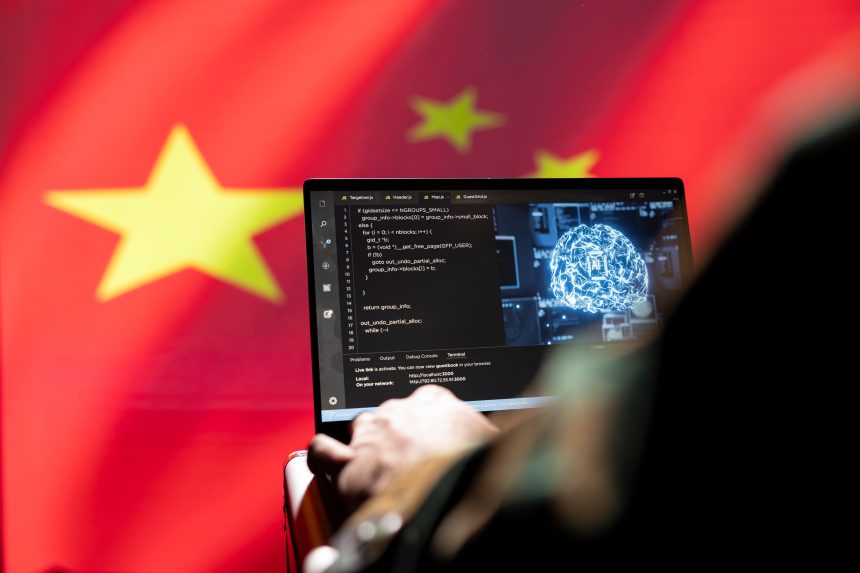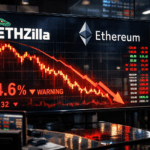In the escalating U.S. China competition over artificial intelligence, some observers argue the battlefield is no longer just algorithms or data it’s raw energy. As one sharp critic puts it “That’s what Adam Livingston, author of The Bitcoin Age, claims it’s already game over China has pulled far ahead, not by out-coding the U.S., but by quietly cornering the one resource frontier AI needs most energy, specifically nuclear power.”
Why this argument matters Energy as a strategic constraint. Advanced AI models require immense and continuous power. If a nation can secure large scale, stable, carbon free electricity (such as from nuclear sources), that gives it a physical infrastructure advantage.China’s nuclear push. At present, China is aggressively expanding its nuclear capacity, with dozens of reactors under construction and ambitious targets ahead.U.S. lags on new builds. In contrast, the U.S. has struggled to initiate new large-scale nuclear projects, hindered by regulatory, financial, and public opinion challenges.Still more than energy. While nuclear power is a compelling leverage point, winning the AI race still depends on many other factors: chip technology, algorithmic breakthroughs, talent, data infrastructure, regulatory environment, and so on.
Livingston’s framing provocative and partially persuasive. The idea that energy is becoming a “resource frontier” in tech is underappreciated after all, you can’t run gigantic models on unreliable power. But calling it “game over” for the U.S. probably overstates the case.The U.S. still retains strengths in cutting edge hardware, foundational research, global cloud infrastructure, venture funding, and AI talent. Moreover, innovation can mitigate energy constraints via efficiency gains, distributed architectures, power aware algorithms, and hybrid energy systems.So while China’s nuclear momentum if sustained could yield a meaningful advantage, the AI competition is far from decided. The next decade will likely be fought both in silicon and in electrons. “pun intended”


















